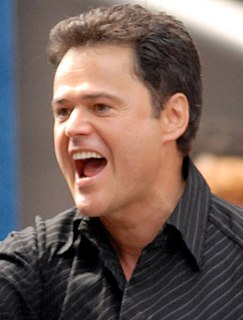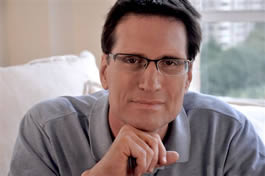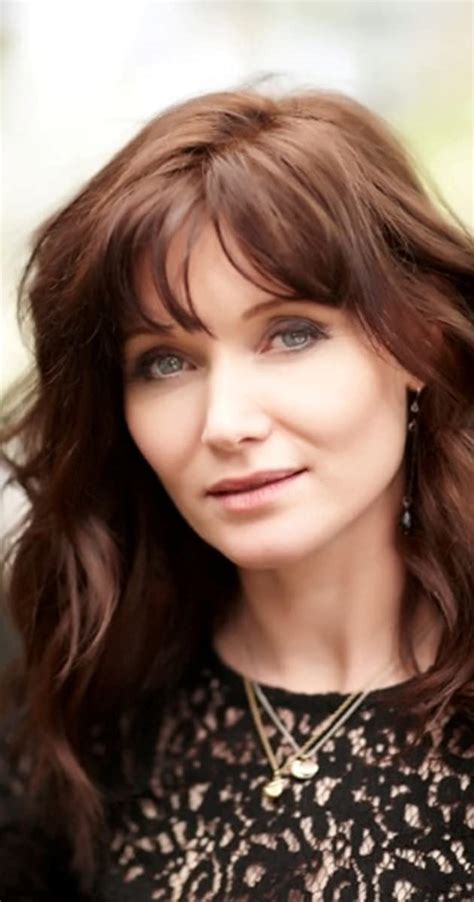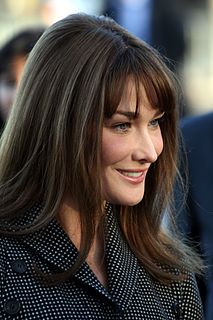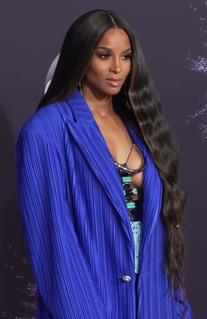A Quote by Jessica Valenti
The less obvious hurdle is that of preparing parents emotionally and putting forward realistic images of parenthood and motherhood. There also needs to be some sort of acknowledgement that not everyone should parent - when parenting is a given, it's not fully considered or thought out, and it gives way too easily to parental ambivalence and unhappiness.
Related Quotes
Given the reality of unintended parenthood and parental unhappiness, one would think that women and men who make the decision not to have children - who are deliberate and thoughtful about the choice to bring another person into the world - would be seen as less selfish than those who unthinkingly have children. Yet the stigma remains.
Labeling people single parents, for example, when they may in fact be co-parenting - either with an unmarried other parent in the home or with an ex-spouse in a joint custody situation - stigmatizes their children as the products of 'single parenthood' and makes the uncounted parent invisible to society.
The first idea of Captain Fantastic was a pretty radically different one. The genesis had to do with parenting and questions about parenthood and fatherhood specifically. I have two kids and I was grappling with what my values were and what I wanted to pass to my children. So I was positing different kinds of parents and different ways of parenting. I played with various ideas - very permissive parenting, very restrictive parenting and then I came up with the character of Viggo Mortensen, and much of it was aspirational, some of it was autobiographical.
The traditional paradigm of parenting has been very hierarchical, the parent knows best and very top down. Conscious parenting topples [this paradigm] on its head and creates this mutuality, this circularity where both parent and child serve each other and where in fact, perhaps, the child could be even more of a guru for the parent .... teaching the parent how the parent needs to grow, teaching the parent how to enter the present moment like only children know how to do.
Because adoption meets the needs of children so successfully, and because there have long been waiting lists of couples hoping to adopt babies and children, it would seem that the solution for abused or neglected kids was obvious. But not to the do-gooders. To remove a child from an abusive parent, sever the parent's parental rights, and permit the child to be adopted by a couple who would give the child a loving home began to seem too 'judgmental.'
Conscious parenting is a new paradign shift in the way we look at our roles as parents. It's turning the spot light away from fixing the child and managing the child, obsession with all things that have to do with the child and the child centric approach and really focusing on the evolution of the parent. It about fully understanding that unless the parent has raised themselves to a certain level of emotional integration and maturity, they will really not be able to do true service to the child's spirit.
Parenting classes should be mandatory, whether you are adopting or not, and would include an evaluation of your current physical, mental and financial state as well as how ready you are to take on the rigors of parenthood. Our children are our most precious natural resource, and there is absolutely no other way to parent but to put them first.
Motherhood is a great honor and privilege, yet it is also synonymous with servanthood. Every day women are called upon to selflessly meet the needs of their families. Whether they are awake at night nursing a baby, spending their time and money on less-than-grateful teenagers, or preparing meals, moms continuously put others before themselves.
The best beauty trick I've learned is "less is best." For example, when I'm preparing to go out for the day, something as simple as putting some concealer underneath my eyes with a bit of highlighter automatically gives me a natural and fresh look. If I do that with a little bronzer, then I'm good to go for the day.
In America now there is this phenomenon called helicopter parenting, where you're hovering over your child for the whole time. Parents there view their job as being to make sure their kid never has a moment of unhappiness. Of course, as a parent myself, I can understand the urge, but I don't know whether it would be healthy or possible.


